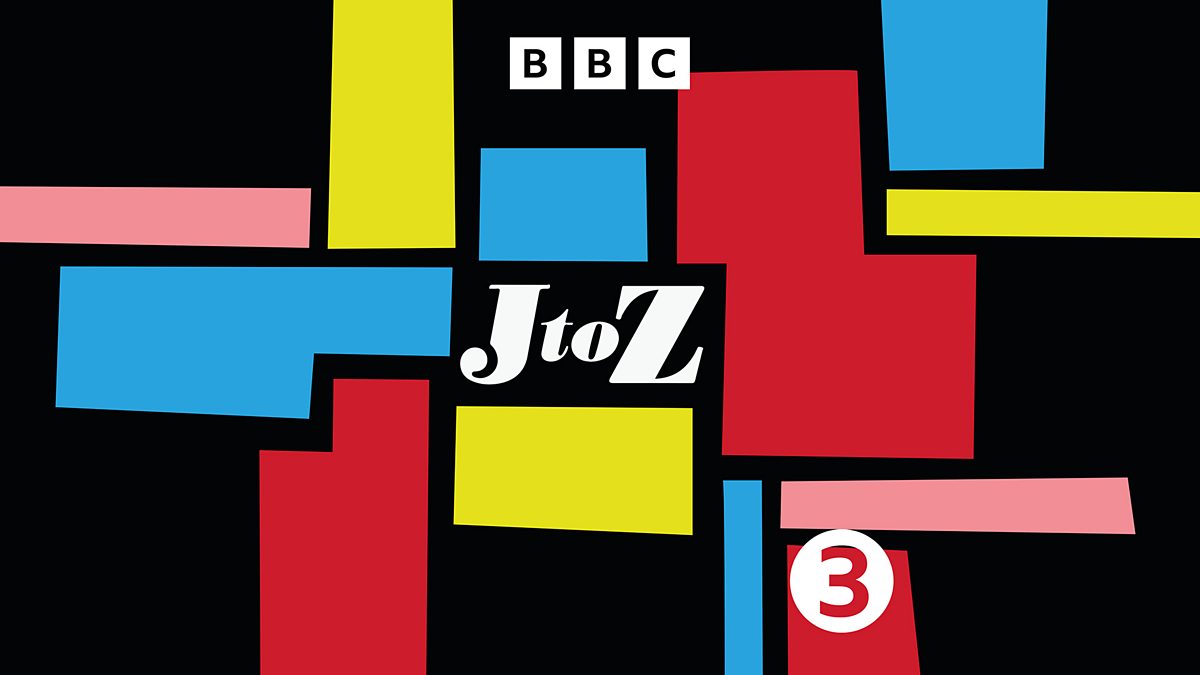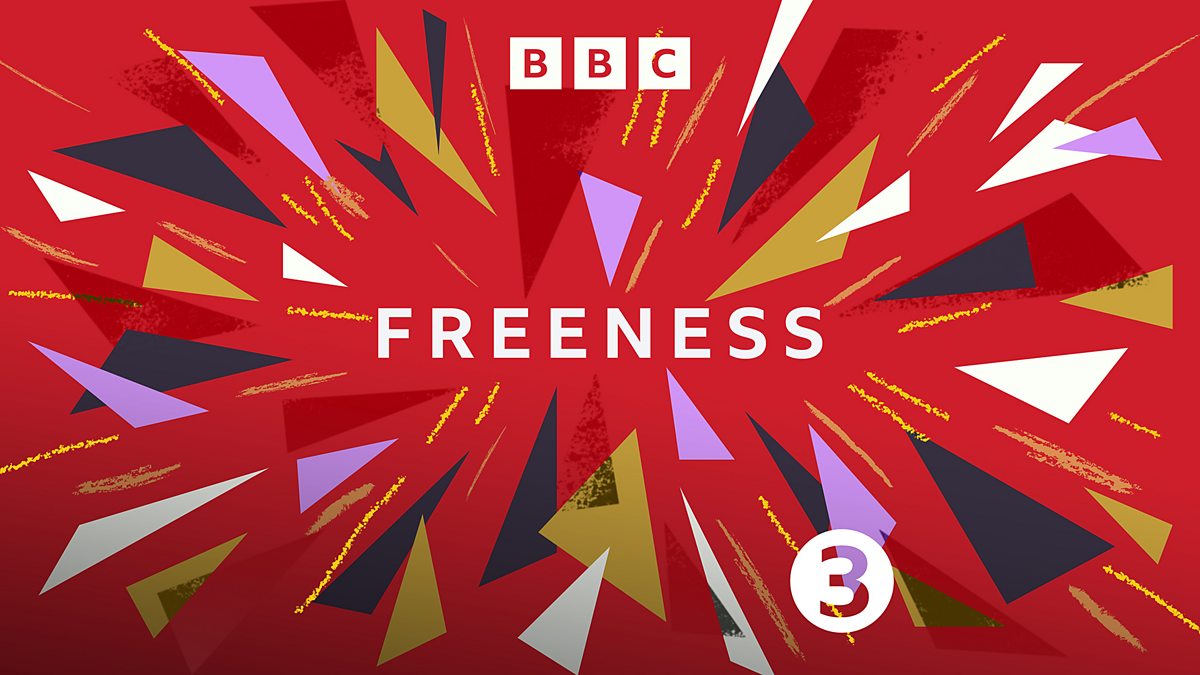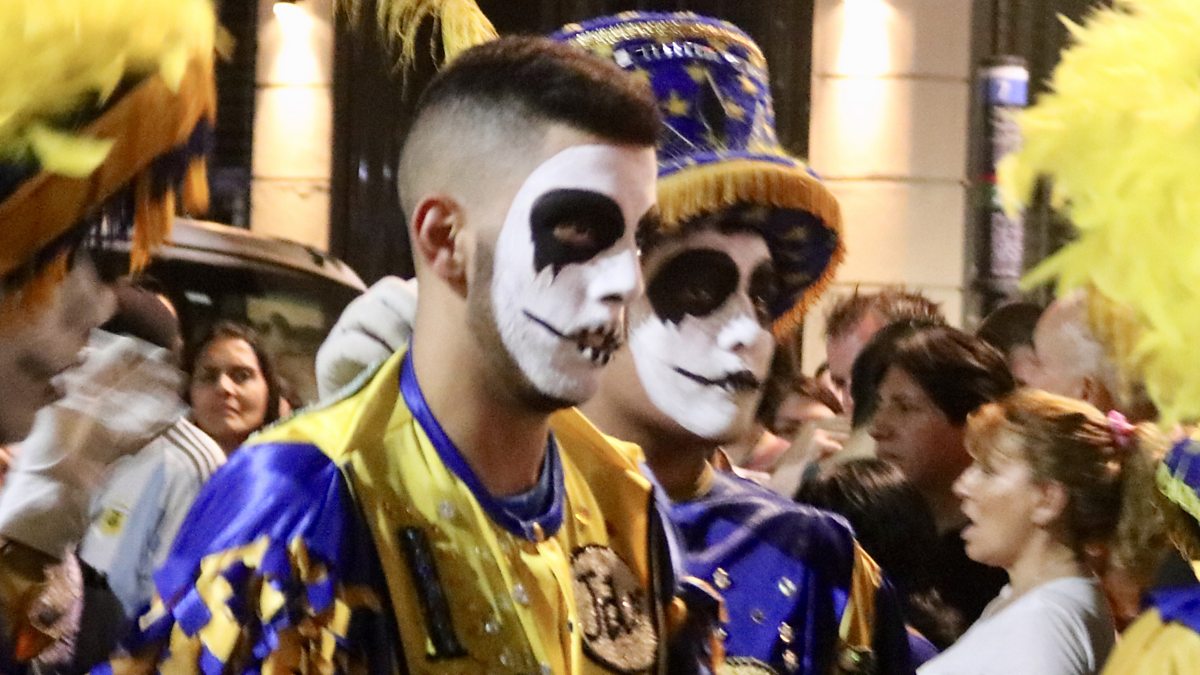Sat 17 Oct
5pm - J to Z
Kevin Le Gendre presents live music from US classical and jazz pianist Aaron Diehl. Backed by his trio, he performs jazz piano classics including works by Horace Silver and Mary Lou Williams. And leading jazz violinist Regina Carter shares some of the music that inspires her, including a track by an undersung great of the instrument.
My first ambition was to play the violin outside Derry & Toms!
12midnight - Freeness
Cutting-edge jazz and improvised music, featuring Los Angeles quartet We Bow to No Masters. Plus performances by British cellist Hannah Marshall and New York-based quartet Orientation of We, and an archive tape of saxophonist Joe Harriott.
Sun 18 Oct
4pm - Jazz Record Requests.
Lots of Latin stuff, it says - like we all learned at schoolie: ammo, a mass and a mat.
Fri 23 Oct - BBC4
9pm - Count Basie through His Own Eyes
This biography, told in Count Basie's own words, uncovers the passions and ambitions that inspired the bandleader and pianist. Director Jeremy Marre unearthed a treasure trove of home movies and photo albums that reveal Basie's remarkable relationship with his wife Catherine. Featuring footage of performances with Frank Sinatra, Billie Holiday, Sammy Davis Jr and others, the film explores the inner motivation that drove Basie's career. Count Basie's words are spoken by Clarke Peters.
Followed by:
10.20pm - Blue Note Records
Behind-the-scenes documentary exploring the history of the jazz label, Blue Note, centred around a contemporary studio session featuring Robert Glasper, Marcus Strickland and Herbie Hancock. Contributors include veteran artists and new kids on the block, as well as the label's current president Don Was.
***** rating in RT.
and...
11.45pm - Jazz Piano Gold
Archive footage of performances from 1964 to 2009 by artists including Count Basie, Thelonious Monk, Oscar Peterson, Abdullah Ibrahim, Stan Tracey, Duke Ellington and Herbie Hancock. [Repeat]
5pm - J to Z
Kevin Le Gendre presents live music from US classical and jazz pianist Aaron Diehl. Backed by his trio, he performs jazz piano classics including works by Horace Silver and Mary Lou Williams. And leading jazz violinist Regina Carter shares some of the music that inspires her, including a track by an undersung great of the instrument.
My first ambition was to play the violin outside Derry & Toms!
12midnight - Freeness
Cutting-edge jazz and improvised music, featuring Los Angeles quartet We Bow to No Masters. Plus performances by British cellist Hannah Marshall and New York-based quartet Orientation of We, and an archive tape of saxophonist Joe Harriott.
Sun 18 Oct
4pm - Jazz Record Requests.
Lots of Latin stuff, it says - like we all learned at schoolie: ammo, a mass and a mat.
Fri 23 Oct - BBC4
9pm - Count Basie through His Own Eyes
This biography, told in Count Basie's own words, uncovers the passions and ambitions that inspired the bandleader and pianist. Director Jeremy Marre unearthed a treasure trove of home movies and photo albums that reveal Basie's remarkable relationship with his wife Catherine. Featuring footage of performances with Frank Sinatra, Billie Holiday, Sammy Davis Jr and others, the film explores the inner motivation that drove Basie's career. Count Basie's words are spoken by Clarke Peters.
Followed by:
10.20pm - Blue Note Records
Behind-the-scenes documentary exploring the history of the jazz label, Blue Note, centred around a contemporary studio session featuring Robert Glasper, Marcus Strickland and Herbie Hancock. Contributors include veteran artists and new kids on the block, as well as the label's current president Don Was.
***** rating in RT.
and...
11.45pm - Jazz Piano Gold
Archive footage of performances from 1964 to 2009 by artists including Count Basie, Thelonious Monk, Oscar Peterson, Abdullah Ibrahim, Stan Tracey, Duke Ellington and Herbie Hancock. [Repeat]





Comment